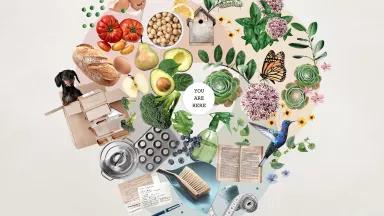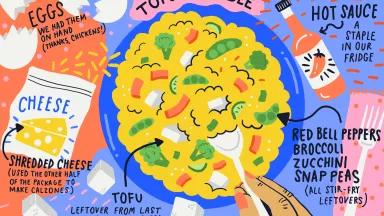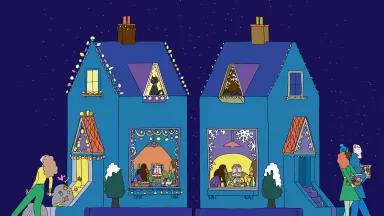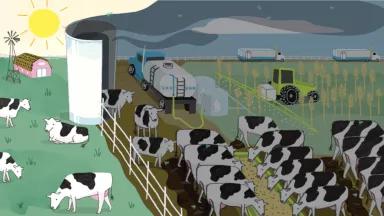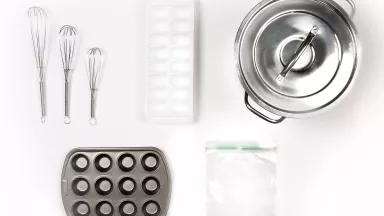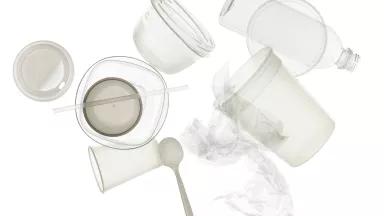Practical Ways You Can Spark Change
Learn how to become a savvier consumer and an effective environmental and public health advocate with these toolkits and how-tos.
Skip carousel items
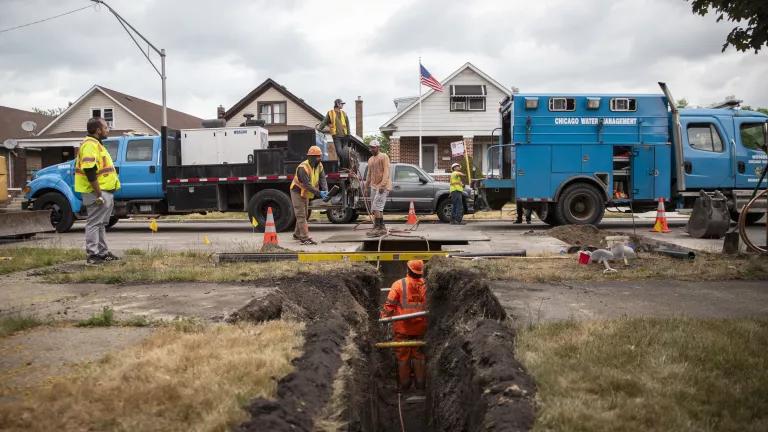

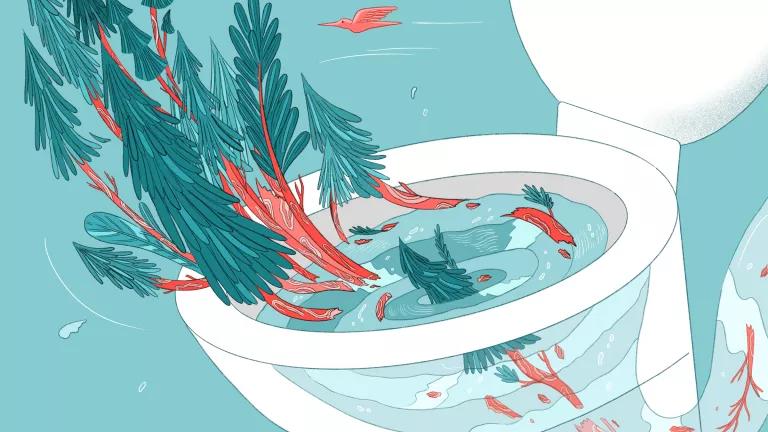

How to Find Out If Your Home Has Lead Service Lines
How-ToUnited StatesCourtney Lindwall
A step-by-step guide to help you check for lead pipes—and the questions to ask of your local water utility.

How to Make an Effective Public Comment
ToolkitUnited StatesJenny Shalant
Whether you’re ready to submit a written comment or state your case at a hearing, these talking points, scripting guidelines, and other tips will help you make the most of your airtime.

The Best and Worst Toilet Paper, Paper Towel, and Facial Tissue Brands
How-ToUnited States, CanadaCourtney Lindwall
Tissue paper production is taking a devastating toll on forests. NRDC’s newest Issue with Tissue report can help you find earth-friendly brands.




